Graham Reid | | 3 min read
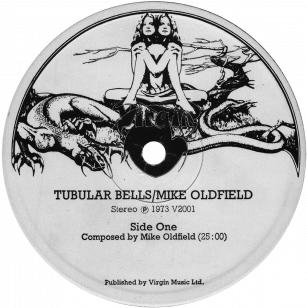
Although a considerable amount of other music happened in New Zealand during the Eighties – and some still feel aggrieved their effort and output goes under-acknowledged – there was a reason why the Flying Nun label dominates the conversation, then and now.
Between its first singles in '81 (Pin Group, Clean) and the end of 1990, according to the label's founder Roger Shepherd in his highly readable In Love With These Times, “Flying Nun released 184 records of which 17 percent (or 31 titles) were seven-inch or twelve-inch singles, 42 percent (78 titles) were twelve-inch EPs and 41 percent (75 titles) were LPs."
That is a remarkable output and a quick calculation on just the albums alone says that meant seven albums a year on average, one about every seven or eight weeks.
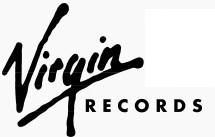 Little wonder the label was foundering a bit at the end of that period: too many, too fast; too much going out and too little incoming income; bands breaking up or being seduced by other offers of better distribution from international labels . . .
Little wonder the label was foundering a bit at the end of that period: too many, too fast; too much going out and too little incoming income; bands breaking up or being seduced by other offers of better distribution from international labels . . .
Nun recovered and continues to this day.
But that first decade saw an extraordinary number of record released.
But not as much as . . .
First we must put aside any antipathy felt towards Virgin's smug, grinning, dope-smoking hippie capitalist and entrepreneur/founder Richard Branson.
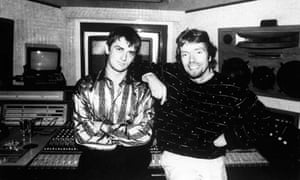 And let us focus on the music which he released on his Virgin label in just the first five years, the time between Mike Oldfield's Tubular Bells (May '73) and Magazine's Real Life (Jun '78).
And let us focus on the music which he released on his Virgin label in just the first five years, the time between Mike Oldfield's Tubular Bells (May '73) and Magazine's Real Life (Jun '78).
In that five years Virgin released 100 albums.
We'll say that again, one hundred albums.
That is about one album every fortnight or so.
But unlike Flying Nun which -- like it or not got pinned with the “Dunedin Sound” or “Flying Nun Sound” tag and Shepherd concedes he might have actually coined the former – Branson's Virgin had no over-riding ethos or genre.
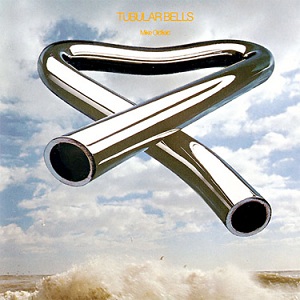 In those five years the label released – and these categorisations are very flexible – prog-rock (Gong, Tangerine Dream and their various solo projects), electronic krautrock (Faust), Robert Wyatt's idiosyncratic Rock Bottom and Ruth is Stranger Than Richard cult classics, prog-folk (Comus), Ivor Cutler's eccentric spoken word/songs (Velvet Donkey), Captain Beefheart's Unconditionally Guaranteed and the lesser Bluejeans and Moonbeams, Can (Landed, Flow Motion, Saw Delight,), guitarist Steve Hillage's solo projects (L, Fish Rising, Green), Link Wray's Beans and Fatback and . . .
In those five years the label released – and these categorisations are very flexible – prog-rock (Gong, Tangerine Dream and their various solo projects), electronic krautrock (Faust), Robert Wyatt's idiosyncratic Rock Bottom and Ruth is Stranger Than Richard cult classics, prog-folk (Comus), Ivor Cutler's eccentric spoken word/songs (Velvet Donkey), Captain Beefheart's Unconditionally Guaranteed and the lesser Bluejeans and Moonbeams, Can (Landed, Flow Motion, Saw Delight,), guitarist Steve Hillage's solo projects (L, Fish Rising, Green), Link Wray's Beans and Fatback and . . .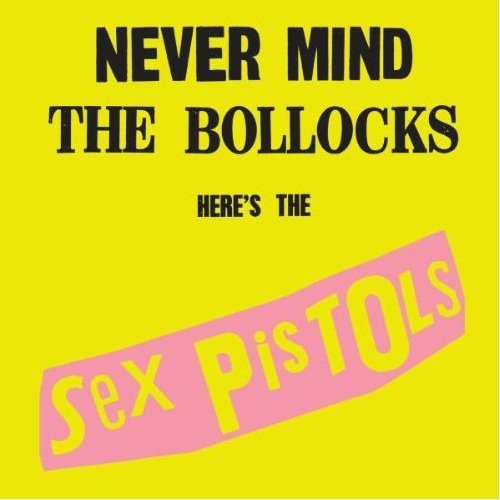
Well, a lot of somewhat forgotten artists like Tom Newman (Virgin engineer, studio builder, co-founder and Tubular Bells producer), Chili Charles (look him up, remarkable career), Boxer (Mike Patto on keyboards, Ollie Halsall of the Rutles sessions on guitar), Clear Light, classically-trained electronicinnovator David Vorhaus, Finland's Pekka Pohjola, Mallard and more.
Oh, and also Philip Glass' North Star, the Motors' debut, XTX's White Music and of course Sex Pistols' Never Mind the Bollocks.
That is quite some diverse – some might say shapeless – catalogue and doesn't even include when the label jumped on reggae with albums by U-Roy (Dread In a Babylon, Natty Rebel, Rasta Ambassadorr), the Mighty Diamonds (their classic Right Time), the Gladiators (Trenchtown Mix-Up) . . .
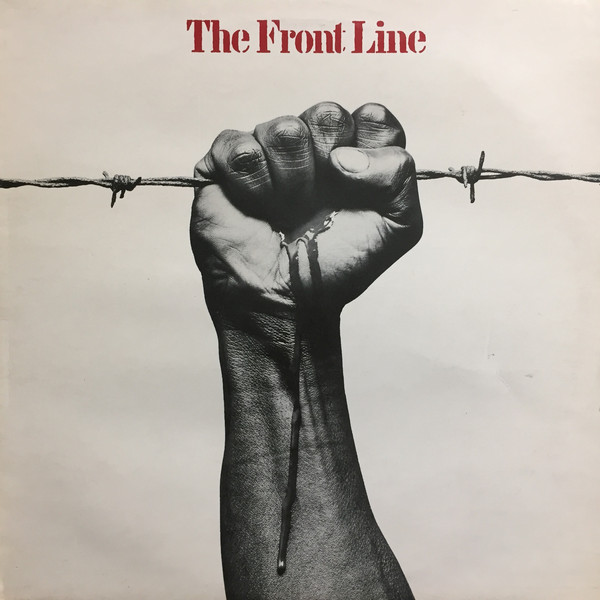 There were also Keith Hudson, Johnny Clarke, Peter Tosh (the cornerstone Legalise It and Equal Rights), I-Roy, Delroy Washington . . .
There were also Keith Hudson, Johnny Clarke, Peter Tosh (the cornerstone Legalise It and Equal Rights), I-Roy, Delroy Washington . . .
Virgin's Front Line imprint of reggae was as influential as Island in getting this music to the masses, and was widely distributed in New Zealand.
Without Virgin's Front Line we might not have heard, for example, Linton Kwesi Johnson's seminal Dread Beat an' Blood (as Poet and the Roots).
And a dozen other vital reggae releases.
Or Derek and Clive!
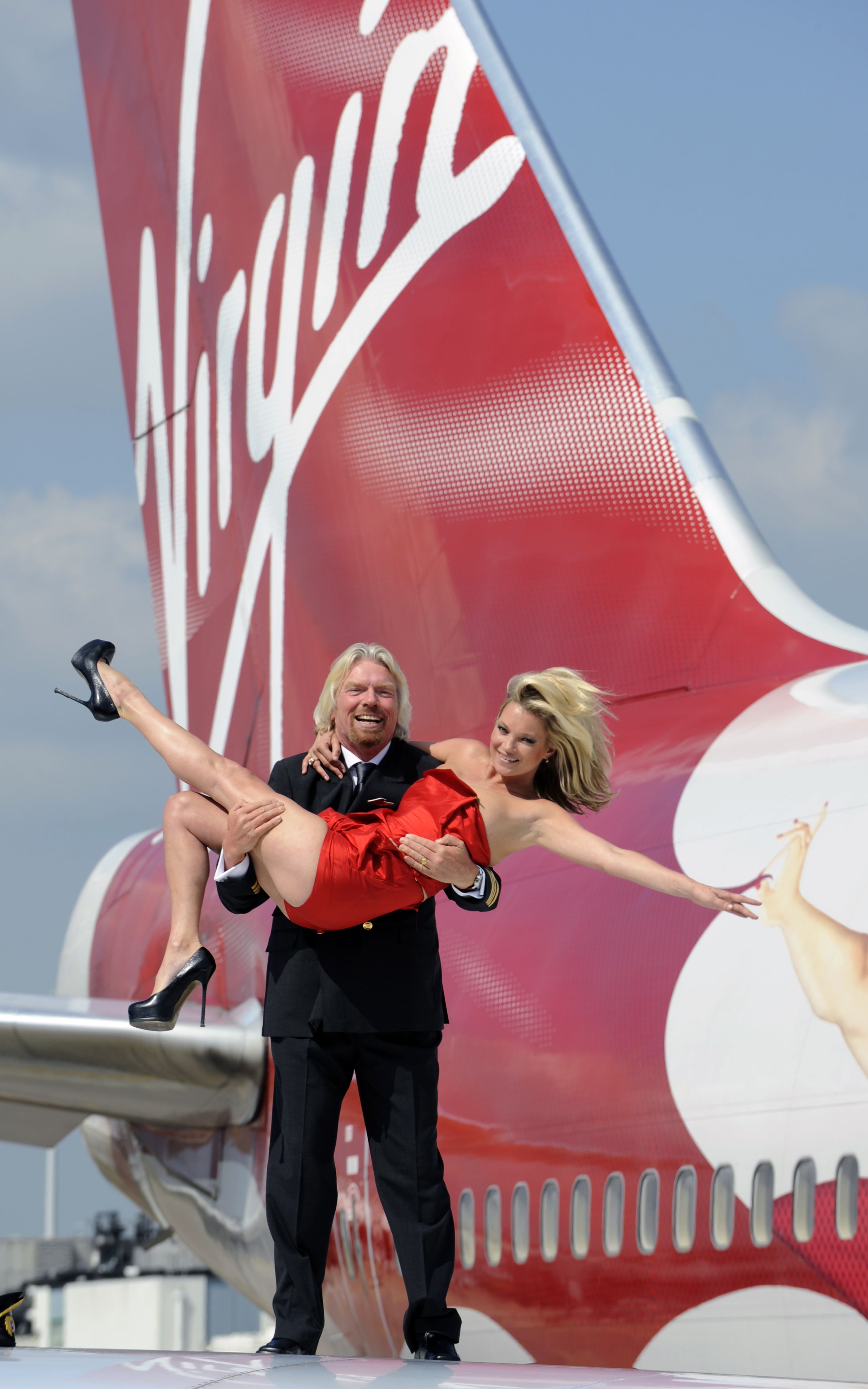 So people can say what they like about Sir Richard Branson – and they do, loudly and often – but take away the airline and the private island, the condom range and the megastores, the jaw-dropping millions he got when he sold his label to Thorn-EMI in '92 and just look at what he brought in just the first five years of that start-up label.
So people can say what they like about Sir Richard Branson – and they do, loudly and often – but take away the airline and the private island, the condom range and the megastores, the jaw-dropping millions he got when he sold his label to Thorn-EMI in '92 and just look at what he brought in just the first five years of that start-up label.
Of course some of these releases came through distribution deals and so on, but they happened and without them the landscape of music – from prog to punk via reggae and whatever else was included – would have been very different in that period.
It is quite a strange but fast trip between the poised and multi-tracked Tubular Bells to the Sex Pistols bellowing Bodies and the light pouring out of the post-punk/art rock of Magazine.
Let's say it again: 100 albums in just five years.
For other articles in the series of strange characters in music or a different side of the story, WE NEED TO TALK ABOUT . . . go here.

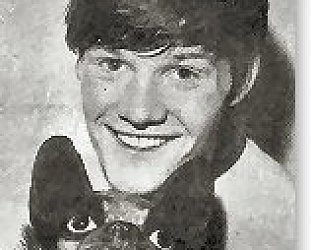

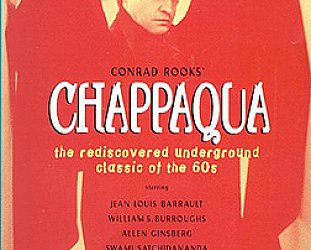
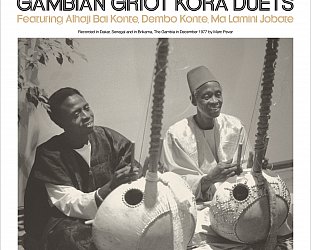
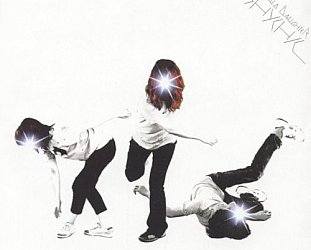
Peter Robinson - Apr 23, 2020
We need a book about this initial period of Virgin - has the story of their prog records been told?
Savepost a comment